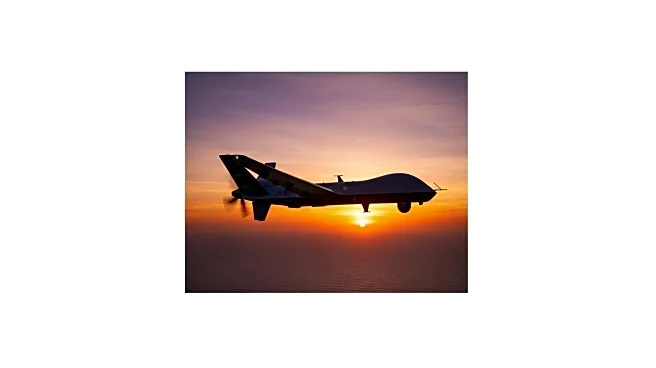What's Happening?
Russia is reportedly supplying military equipment and technology to China that could aid in a potential airborne invasion of Taiwan. This information comes from an analysis of leaked Russian documents by the Royal United Services Institute, a U.K.-based defense and security forum. The documents, obtained from the Black Moon hacktivist group, detail contracts and equipment lists, including high-altitude parachute systems and amphibious assault vehicles. These supplies are part of a broader modernization program under President Xi Jinping, aiming to transform China's military into a world-class force by 2050. The documents suggest that Russia has begun work on these products, although there is no direct evidence of payment or receipt by China.
Why It's Important?
The potential military collaboration between Russia and China could significantly impact geopolitical dynamics, particularly concerning Taiwan. High-ranking U.S. officials have indicated that China might be preparing for an invasion of Taiwan as early as 2027. The acquisition of advanced parachuting capabilities from Russia could accelerate China's military readiness. This development could strain U.S.-China relations, as the U.S. has historically supported Taiwan's autonomy. Additionally, Russia's involvement may be a strategic move to divert U.S. attention from its ongoing conflict in Ukraine, potentially complicating international diplomatic efforts.
What's Next?
If the collaboration continues, China may enhance its military capabilities, potentially leading to increased tensions in the Asia-Pacific region. The U.S. and its allies might respond by bolstering their support for Taiwan, including military aid and strategic partnerships. Diplomatic efforts to de-escalate tensions could become more challenging, with potential implications for global trade and security. Observers will likely monitor China's military activities closely, especially any signs of preparation for an invasion.
Beyond the Headlines
The ethical implications of military cooperation between Russia and China raise concerns about the potential for increased militarization and conflict in the region. The transfer of military technology could lead to a shift in power dynamics, affecting regional stability. Additionally, the collaboration highlights the complexities of international relations, where strategic interests often outweigh ethical considerations. Long-term, this development could influence global military alliances and defense strategies.









